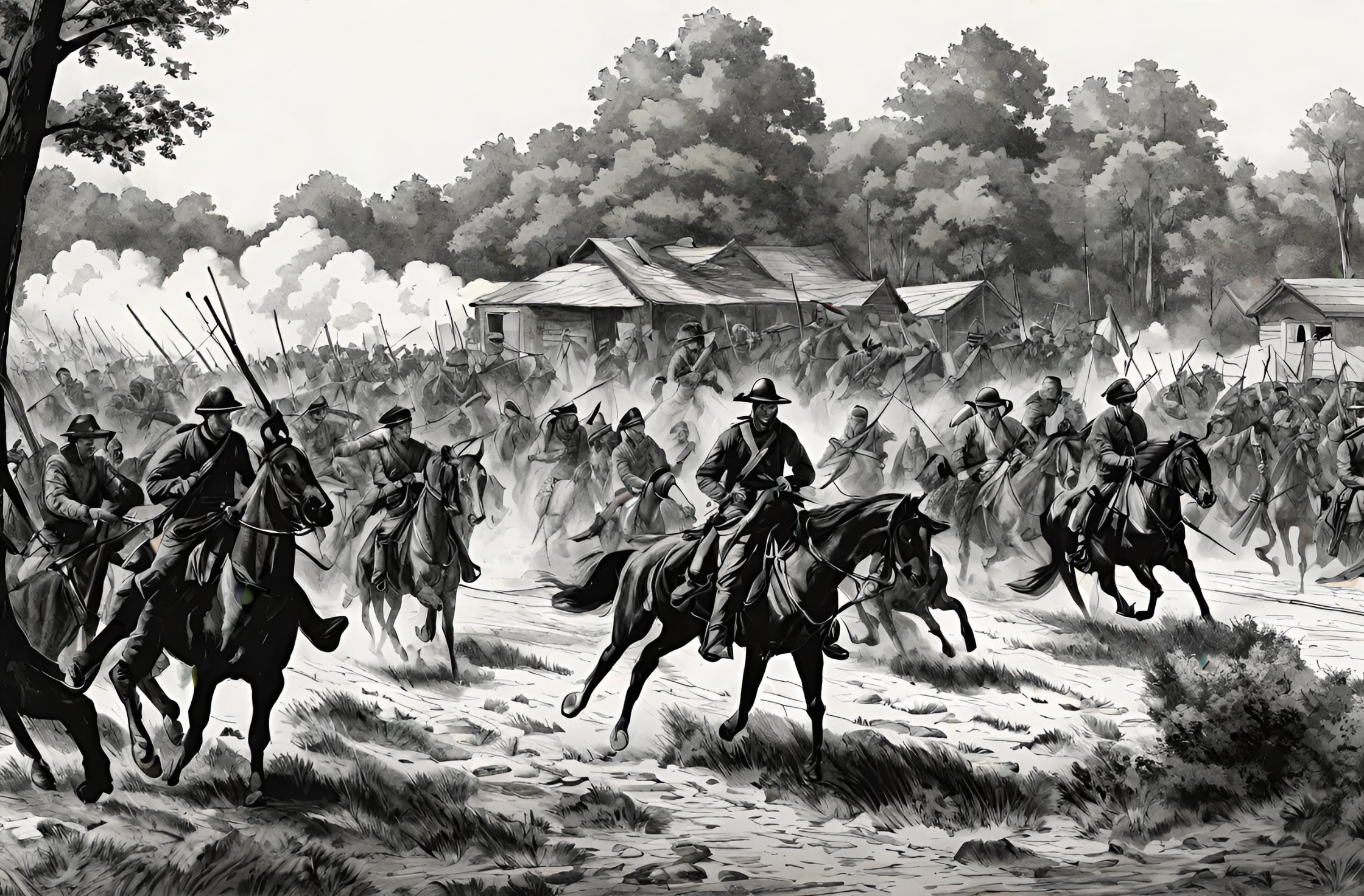Flashback to April 26
American History

On January 7, 1969, a significant event took place in the United States that had an impact on the federal government’s structure and finances. The US Congress passed a bill to double the Presidential salary, a move that drew both support and criticism from various sectors of society.
Before this event, the President’s annual salary stood at $100,000, a figure that had remained unchanged since 1949. With inflation and the increasing costs of living, many argued that the presidential salary had become insufficient to support the demanding and prestigious position.
The decision to double the Presidential salary was met with praise by proponents who believed it was a necessary step to attract the best and most qualified individuals to serve as President. They argued that the increased salary would make the position more appealing to individuals from various backgrounds, ensuring a more diverse and qualified pool of candidates.
Additionally, supporters emphasized that the President holds immense responsibility and is often burdened with the weight of the nation’s challenges. Given the demanding nature of the job and the long hours required, they asserted that a higher salary was justified.
However, not everyone was in favor of this salary increase. Critics argued that the President already enjoyed numerous benefits and perks that made up for the lower salary. These benefits included access to the White House and Camp David, transportation on Air Force One, and the ability to influence global affairs.
Furthermore, some critics believed that increasing the Presidential salary would only exacerbate income inequality within the country. They pointed out that many hardworking Americans struggled to make ends meet, and it wasn’t fair to allocate additional funds to a politically elected official who already had an array of privileges.
The decision to double the Presidential salary also sparked debates about the priorities of Congress and the division of government funds. Detractors claimed that there were more pressing issues that required attention and funding, such as education, healthcare, and infrastructure. They argued that allocating more money to the President’s salary was a misallocation of resources and demonstrated a lack of empathy for the struggles faced by everyday citizens.
In terms of the financial implications, the doubling of the Presidential salary had a direct impact on the federal budget. Prior to the increase, the President’s annual salary accounted for a relatively small portion of the budget. However, doubling the salary from $100,000 to $200,000 resulted in a significant increase in expenditure.
Ultimately, the decision to double the Presidential salary on January 7, 1969, remains a topic of discussion and debate. Supporters argue that it was a necessary step to attract highly qualified candidates, while critics believe it was a misallocation of resources and a further example of income inequality. Regardless of the differing viewpoints, this event reflects the ongoing tension between the need to compensate public officials appropriately and the responsibility to prioritize the allocation of government funds.
We strive for accuracy. If you see something that doesn't look right, click here to contact us!
Sponsored Content

Battle of Durham Station,…
On April 26, 1865,…

Dow Jones Industrial Average…
On April 26, 1983,…

John Norrie McArthur, malariologist/microscopist,…
On April 26, 1996,…

Odd Fellows Lodge is…
Established on April 26,…

